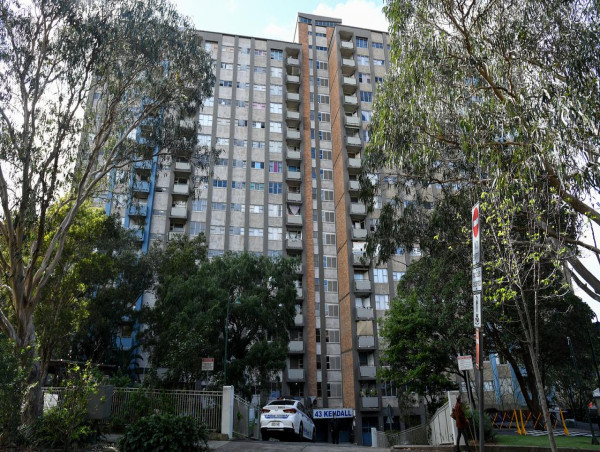They're a group often left out of the housing crisis conversation, but many older Australians are finding themselves homeless at a time in their lives when stability is most important.
An alliance of independent candidates and MPs in NSW is calling for the major parties to help stem the issue by lowering the priority age for social housing from 80 and introducing a specialist housing support service for older people.
The recommendations were floated by a recent parliamentary inquiry into homelessness amongst people aged over 55, but the government has so far failed to adopt the changes.
Independent MP Alex Greenwich called secure housing the first line of defence in ensuring the health and wellbeing of older people.
He is calling for urgent change alongside teal candidates Joeline Hackman, Jacqui Scruby, Helen Conway and Victoria Davidson, and fellow independent MPs, Joe McGirr and Phil Donato.
Independent candidate for Pittwater, Jacqui Scruby said there were many stories of people over 55 sleeping in cars along the Northern Beaches.
"We are a compassionate community who knows we should support older people to make sure they have homes," Ms Scruby said.
"I call on the government to adopt the recommendations of the parliamentary inquiry into homelessness."
Independent candidate for North Shore, Helen Conway said the government should not outsource the responsibility of providing affordable housing to developers
"If elected, I will hold the government of the day to account to deliver a comprehensive strategy for housing in NSW including clear targets for increasing the supply of social and affordable housing," she said.
In Victoria, 'Home at Last' offers free and confidential advice, support and advocacy to older people who are homeless, at risk of homelessness, or wanting to plan their housing future, provided by Housing for the Aged Action Group (HAAG).
Victoria also recognises those aged over 55 as a priority for housing support.
There are 240,000 older people over 55 living in private rentals in New South Wales, and almost 120,000 are on low or very low incomes, according to HAAG.



